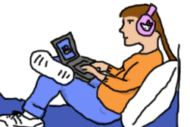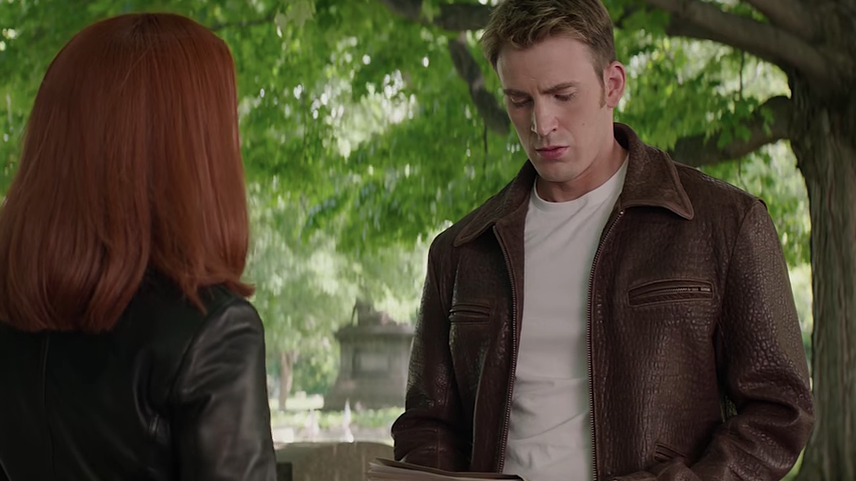What to do about that.
The title of this post is not entirely tongue-in-cheek. No one can feel another’s suffering, can know how it feels in your skin. No one has suffered exactly as you have, though we all suffer.
But that doesn’t mean we’re alone.
I remember the first Diversity Trainings I attended, as a new employee in my twenties. (Yes, mandatory training sessions are suffering, but stay with me, there’s a reason I bring them up.) I had several jobs in quick succession, and each had a Diversity Training, and they all went the same, until the one that broke the mold.
Here’s the way the first half-dozen went: We sat in a room with a facilitator and watched a slide-show listing different ways people could be diverse and why diversity is good. Then the slideshow would end and a white man in his forties — it was always a white man in his forties — would raise his hand and say, “I shouldn’t be required to listen to this. As a white man, I’m the most discriminated against person here!”
And then the discussion would break into every person in the room, in turn, declaring themselves the most discriminated against, loudly, passionately, until it seemed we should all be excused from training, each, individually, because of this. Each alone, one-against-the-room, arguing that No One Has Suffered As I Have.
It was not a good discussion. No one learned anything. We all left feeling irritated and like we’d wasted our time.
Then I started at the Louis Stokes VA Hospital. I sat in a big auditorium of new employees for Diversity Training, already braced for the “I am the most discriminated” discussion, when a woman marched proudly to the front of the room. She gave her name and then said, “I am black, I am a woman, I am a Unitarian Universalist, I work in human resources, and I love to kayak. These are all things that I am. Each of you have a race, a gender, an ethnicity, a job, and hobbies. You have these things that define you to yourself and to others, but we don’t want to walk into a room and be a gender or a race. We may want to be seen by a job, or a hobby. How do you help others see you the way you want to be seen? How do you help yourself see others the way they want to be seen? How do I make sure that my interactions with people who do not share my definitions are as smooth as those who do?”
Aside from the smart pedagogical decision to engage the audience and have us lead the discussion, she turned the narrative on its head. She put the focus on our responsibility, all of us in the room. We already knew what diversity was. We weren’t here to learn that. We were here to learn what we had to do to be compassionate, to be empathetic, to be polite, in a diverse workforce. When someone started to talk about being discriminated against, she simply said, “I hear you, but we’re not talking about that. We can’t control the actions of others. What is in your control?”
She turned the conversation away from our own suffering, even from the suffering of others, and to what we could do.
Because we can’t know exactly how each other suffer. But we can pay attention.
I don’t remember much else from that orientation day at the VA. I think she had us all list our personal descriptions, join into groups who were different from us – it was a fun meet-and-greet, and I actually enjoyed the worksheet … but this isn’t about how to run a Diversity Training.
This is about how to be a friend.
Your friend approaches you, tells you something bad happened in their life. Their dog is sick. Their bird flew away.
And I know, because I am a human like you, that there is an immediate urge to say, “That exact thing happened to me” or “I know exactly how you feel, because something similar happened to me.”
I, like you, have had a wide variety of shitty experiences, so I do this, thinking that I am showing the person how I understand their situation by proxy. BUT that isn’t what they’ll hear. Remember No One Has Suffered As They Have. They will either think your example is WORSE than theirs or not as bad, so you are either belittling their suffering by making it about you or you are annoying them with how much you don’t understand.
There is little chance they will see your suffering as absolutely equal. You may even end up arguing which thing was worse, in an ever-spiraling-downward game of one-down-man-ship.
That is a game with no winner.
Anyway, what happened to you in the past isn’t in your control. Let it go, we’re not talking about that now.
We all only know each other’s suffering by metaphor. I know what it felt like when I scraped my knee. I don’t know what it felt like when you did.
You don’t have to say anything at all, other than, “I’m so sorry to hear that” or “I care about you.” Ask, “What can I do?” You want them to know they aren’t alone, don’t go into how you suffered, go into how it felt. “That’s awful. I can just imagine. It sucks when that happens.” This is how you show that you understand, not by comparison but by reaction. By doing.
I am so grateful to that HR person whose name I don’t remember, because she taught an important human lesson that day at the VA, and it was in that very short answer, “What is in your control?” I can’t remove my friend’s pain. I might not be able to help them at all, depending on the problem, but I can listen, and let them know they are heard. That’s what I can do.
Focus on what you can do, and maybe, everyone’s suffering is a little less.


